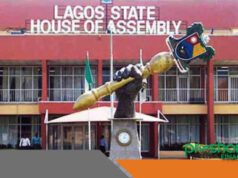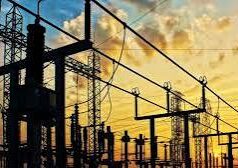
The Director of Highways, Planning and Development, Federal Ministry of Power, Works and Housing, Chukwuwike Uzo, has blamed damage on completed sections of federal roads on overloading by trucks.
Uzo told journalists, in Abuja, on Thursday, that overloading damages road pavements, bridge infrastructure and it’s responsible for the increase in the cost of road repairs in the country.
He said that Abuja-Lokoja road was a typical road, where the effect of overloading could be seen clearly.
According to him, the Federal Government had acquired a scanner to detect causes of damage on roads.
In his words, “We have sections of the road that we have just newly completed; there are four lanes, two lanes north band and two lanes south band.
“Within the same stretch where we have done the same quality of work, we noticed that the surface of the asphalt in the north bound lane began to twist, looking like developing “hunchback”.
“What we have done is that we now have a road scanner; it can go on the road, scans and give us a picture of what is happening inside the road pavement.
“We have taken the scanner there and with the report, have the evidence that damage on the roads are being caused by overloading,” he said.
Uzo said the ministry had also conducted an on-the-spot assessment in partnership with consultants to weigh vehicles randomly to detect the cause of damage on the road.
According to him, the results are astonishing and if we continue in the same way, it will mean building the road, wasting the resources and coming back to square one.
He said the Federal Government had, in 2014, signed an ECOWAS Act guiding axle loading in the region, but added that Nigeria had not domesticated the act.
The director said the Act was to ensure that trucks were only allowed to carry loads within their axle limit within the sub-region.
He said the advantage of the Act would be that heavy duty vehicles could operate within ECOWAS member countries.
“Trucks can carry goods from Nigeria to Ghana because by the Act, we are operating the same axle load policy in the sub-region.
“The problem now is that because we have not domesticated the Act, our trucks are still loading beyond their axle limit.
“What this means is that, if trucks from Nigeria get to the border post, they have to offload the excess because the other countries will not allow them to cross their border.
“By that, I don’t think we are promoting our businesses the way it should be, because their own trucks can come into Nigeria, while ours cannot enter their country,” he added.











